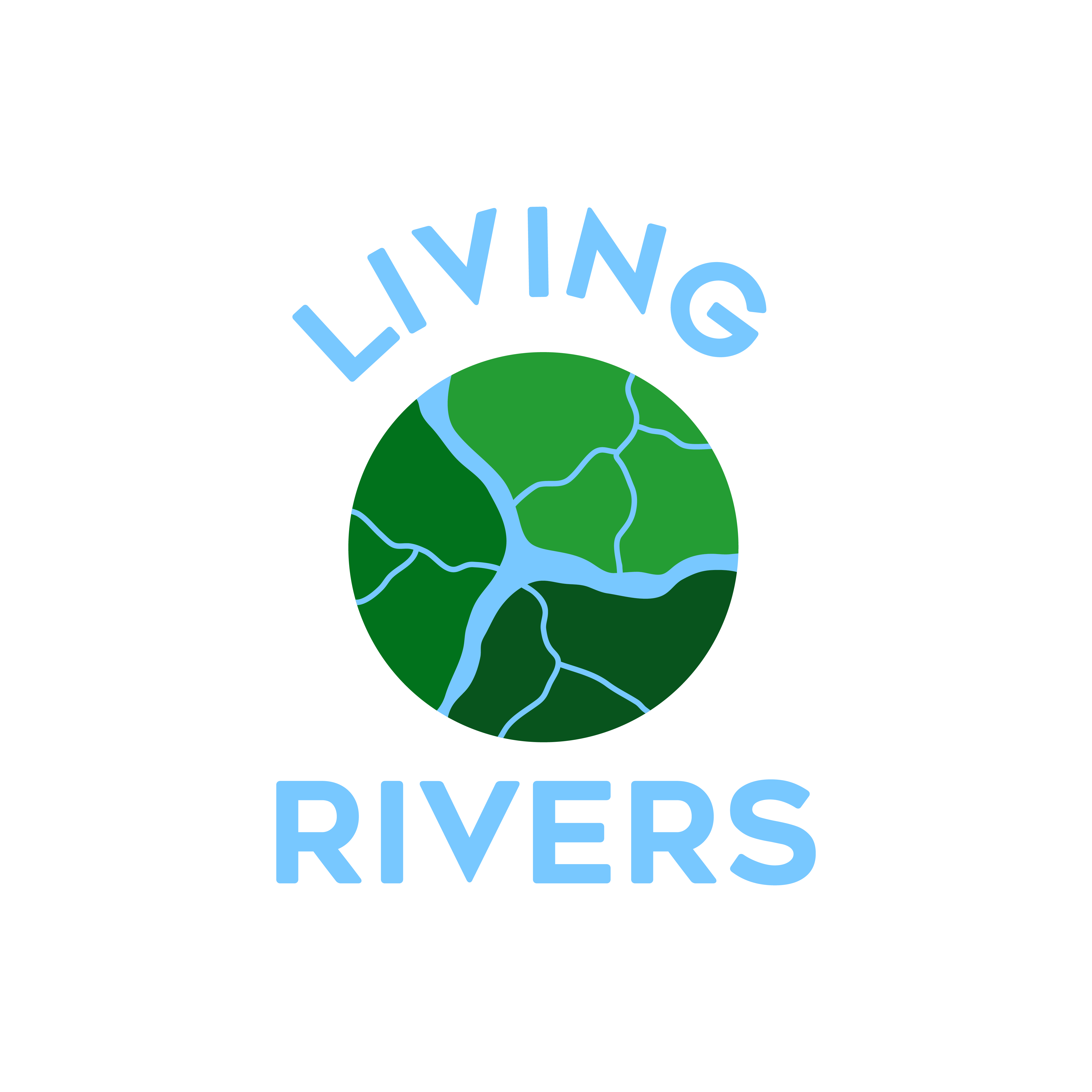On the 7th and 8th of April 2022 the consortium of the LIVING RIVERS project, (2021-1-PT01-KA220-ADU-000033405), co-funded by the Erasmus+ Programme, has met for the first time to start discussing the earliest step of implementation activities.
The project consortium gathers organisations based in three different countries and located in the Southern part of Europe: Rosto Solidário (Portugal), Rede Inducar (Portugal), Fundación ASPAYM Castilla y León (Spain) and CEIPES – Centro Internazionale per la Promozione dell’Educazione e lo Sviluppo (Italy). These organisations will work in a cooperative way to reach the main objectives of the LIVING RIVERS project, which are related to the empowerment of citizens and communities through their participation in environmental protection activities.
LIVING RIVERS is a Cooperation Partnership in Adult Education (KA220) aiming to provide high-quality innovative deliverables in the field of environmental education, focusing on designing and implementing activities to make adult learning while experiecing rivers, thanks to an innovative methodology based on gamification. In fact, three intellectual outputs will be produced contributing to the education of adults, while making them enjoying natural experiences:
- I-O1, App to enjoy, learn and protect the river. This mobile app will support users to explore areas next to rivers in a playful and educational way;
- I-O2, “Enviroment and participation” – Educational tool kit. The toolkit will gather a conceptual framework on rivers, water management and sustainable development goals (SDGs) which are contained into the Agenda 2030; a board game following the structure of escape rooms, in which the solution is related to the methodologies to save rivers and water; a set of four escape rooms which will be held in natural contexts and near rivers; a cycle of workshops on the topics addressed by the project.
- I-O3, “Rivers for all – Participatory web-platform. The platform will provide to citizens the opportunity to create an online community taking actions to protect rivers and environment.
The project is also addressing accesibility, including people with fewer opportunities, in order to develop and share knowledge and competencies on sustainability to adults who have not received enough information and education on the topics addressed by the project during their scholarship. Designing project activities taking into account the need for accessibility will permit to include all citizens (people with disability, migrants, people with fewer opportunities), as well as empowering them.
During the meeting partners from the consortium have planned first activities for the implementation of the project, scheduling and coordinating their actions in order to reach the effectiveness and impact of the expected results, as well as involving local stakeholders who are already taking care of the protection of local water resources.
To learn more on the project, please visit its social accounts: Facebook, Instagram and LinkedIN!

